
Guimarães: The Birthplace of Portugal
Guimarães, often referred to as the birthplace of Portugal, is a city that beautifully blends the past with the present. Its well-preserved medieval architecture and rich history make it a must-visit destination for travelers seeking a deep dive into Portugal's roots. The historic center of Guimarães is a UNESCO World Heritage site, with narrow cobblestone streets, charming squares, and ancient buildings that tell the story of Portugal's foundation. One of the city's main attractions is the Guimarães Castle, where you can explore the ruins and imagine the battles that were fought to defend this emerging nation. Nearby, the Palace of the Dukes of Braganza offers a glimpse into the lavish lifestyle of Portuguese nobility with its grand halls and stunning artifacts. For those interested in religious history, the Church of São Miguel do Castelo and the Santa Marinha da Costa Monastery are not to be missed. Beyond its historical sites, Guimarães offers a vibrant cultural scene. The city hosts numerous festivals throughout the year, including the Gualterianas Festivities and the Nicolinas, which celebrate local traditions with music, dance, and parades. The local cuisine is another highlight, with delicious dishes like rojões (pork) and the famous vinho verde (green wine) that you can enjoy in the many cozy restaurants and cafes scattered around the city.
Local tips in Guimarães
- Visit early in the morning to avoid crowds at popular sites like Guimarães Castle and the Palace of the Dukes of Braganza.
- Wear comfortable shoes as the city has many cobblestone streets that can be tough on your feet.
- Try the local dishes and vinho verde in small, traditional restaurants for an authentic culinary experience.
- Check the local festival calendar before your visit to experience the city's vibrant festivities.
- Take a hike up to Penha Mountain for panoramic views of the city and surrounding areas.
Guimarães: The Birthplace of Portugal
Guimarães, often referred to as the birthplace of Portugal, is a city that beautifully blends the past with the present. Its well-preserved medieval architecture and rich history make it a must-visit destination for travelers seeking a deep dive into Portugal's roots. The historic center of Guimarães is a UNESCO World Heritage site, with narrow cobblestone streets, charming squares, and ancient buildings that tell the story of Portugal's foundation. One of the city's main attractions is the Guimarães Castle, where you can explore the ruins and imagine the battles that were fought to defend this emerging nation. Nearby, the Palace of the Dukes of Braganza offers a glimpse into the lavish lifestyle of Portuguese nobility with its grand halls and stunning artifacts. For those interested in religious history, the Church of São Miguel do Castelo and the Santa Marinha da Costa Monastery are not to be missed. Beyond its historical sites, Guimarães offers a vibrant cultural scene. The city hosts numerous festivals throughout the year, including the Gualterianas Festivities and the Nicolinas, which celebrate local traditions with music, dance, and parades. The local cuisine is another highlight, with delicious dishes like rojões (pork) and the famous vinho verde (green wine) that you can enjoy in the many cozy restaurants and cafes scattered around the city.
When is the best time to go to Guimarães?
Iconic landmarks you can’t miss
Guimarães Castle
Discover the historic Guimarães Castle, where Portugal's rich heritage and stunning medieval architecture come alive in a breathtaking setting.
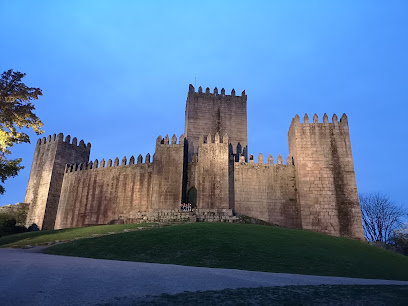
Sanctuary of Penha
Discover the breathtaking Sanctuary of Penha in Guimarães, a serene religious site offering stunning views and a rich cultural experience for all travelers.
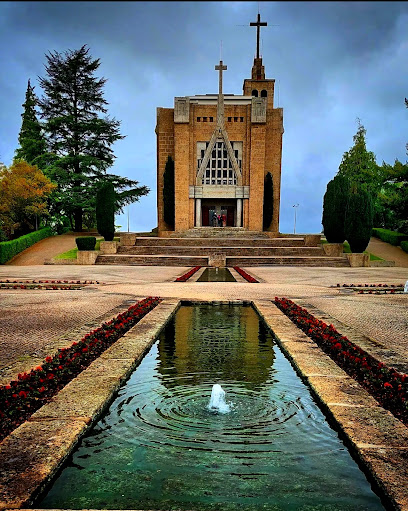
Aqui Nasceu Portugal
Discover the birthplace of Portugal at Aqui Nasceu Portugal, a UNESCO World Heritage site rich in history and culture in beautiful Guimarães.
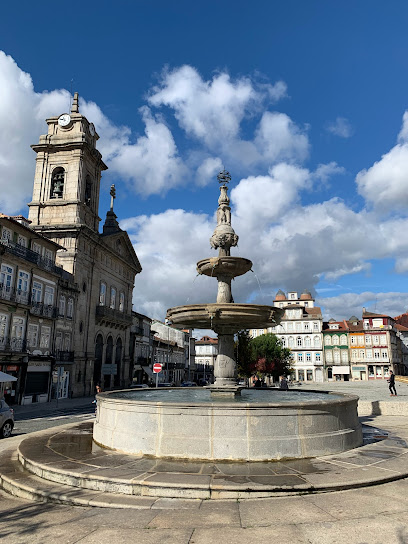
Palace Duques de Bragança
Explore the stunning Palace of the Dukes of Braganza in Guimarães, where history, art, and architecture converge to tell Portugal's royal story.
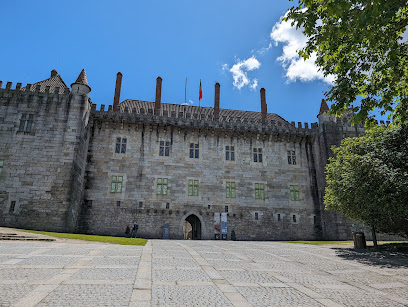
Penha Cable Car
Experience the breathtaking views of Guimarães from the Penha Cable Car, a stunning adventure above Portugal's lush landscapes.
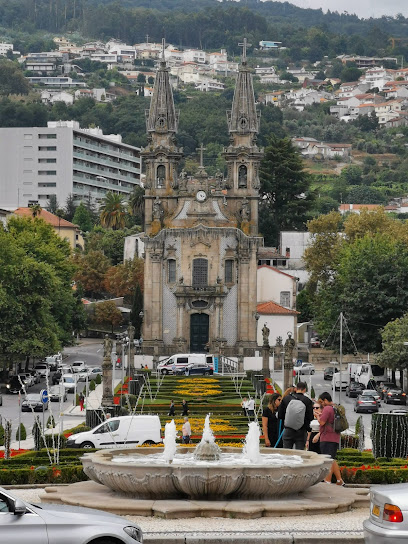
Guimarães Historical City Centre
Explore Guimarães Historical City Centre, a UNESCO World Heritage site filled with medieval charm, rich history, and vibrant culture in the heart of Portugal.
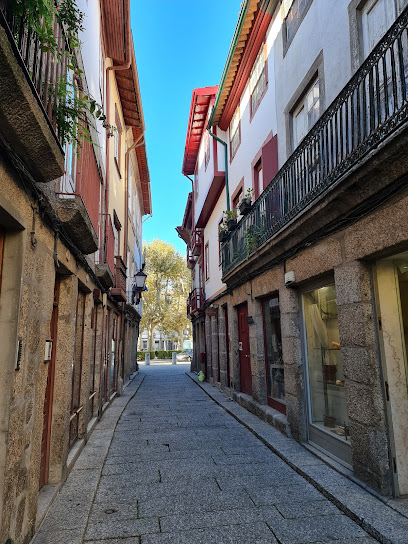
Igreja e Oratórios de Nossa Senhora da Consolação e Santos Passos
Discover the tranquil beauty of Igreja e Oratórios de Nossa Senhora da Consolação in Guimarães, a serene spiritual haven rich in history and artistry.
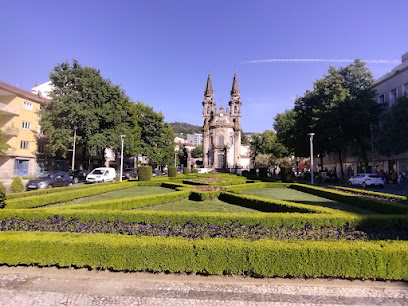
Histórico by Papaboa
Discover the flavors of Portugal at Histórico by Papaboa in Guimarães, where traditional cuisine meets rich cultural heritage.
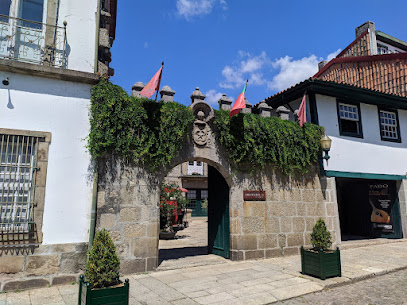
Padrão do Salado
Discover the historical significance and stunning architecture of Padrão do Salado, a must-visit tourist attraction in Guimarães, Portugal.
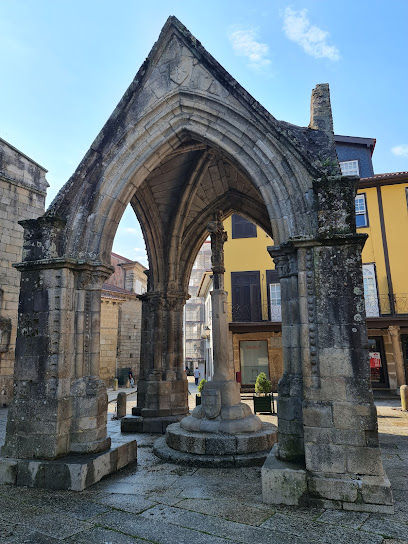
Citânia de Briteiros
Discover the rich heritage of Citânia de Briteiros, a captivating archaeological site revealing the ancient Castro civilization amidst stunning landscapes.
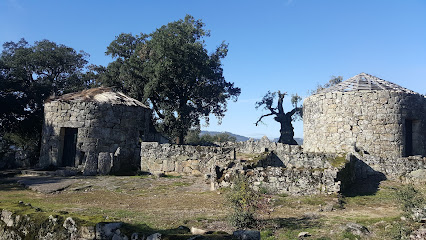
Igreja de Nossa Senhora da Oliveira
Discover the historic Igreja de Nossa Senhora da Oliveira, a stunning Gothic church in Guimarães, Portugal, rich in culture and architectural beauty.
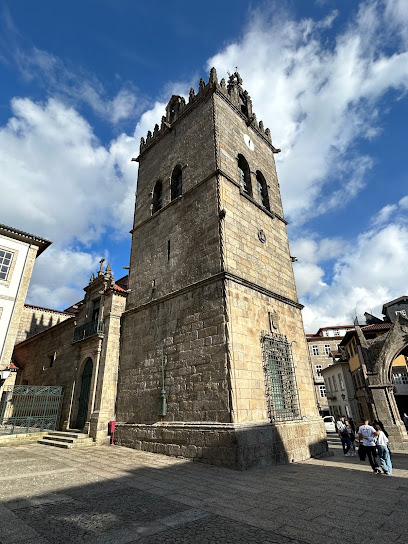
Museu de Alberto Sampaio
Explore the exquisite art and rich history at Museu de Alberto Sampaio in Guimarães, a must-visit destination for culture lovers.
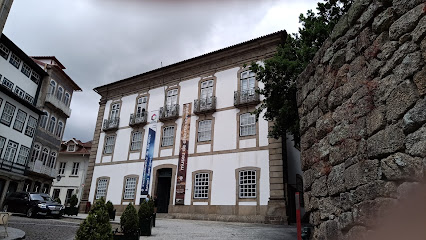
Centro Internacional das Artes José de Guimarães
Explore contemporary art in the historic heart of Guimarães at the Centro Internacional das Artes José de Guimarães, a cultural gem for all visitors.
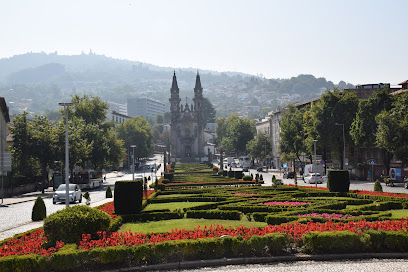
Praça de São Tiago
Explore the historic charm of Praça de São Tiago in Guimarães, where authentic cuisine meets vibrant culture in a picturesque setting.
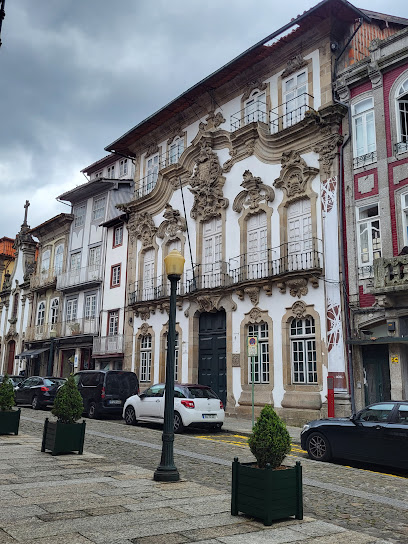
Posto de Turismo de Guimarães
Explore Guimarães' rich history and vibrant culture at the Posto de Turismo, your essential guide to the city's landmarks and local experiences.
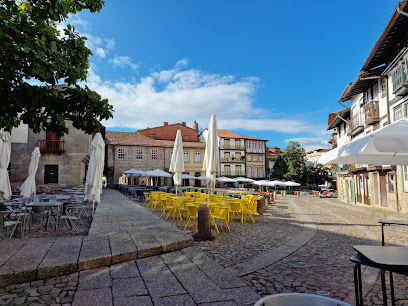
Unmissable attractions to see
Luís I Bridge
Discover the breathtaking beauty of Porto's Luís I Bridge, a stunning architectural masterpiece and a must-visit tourist attraction.

Livraria Lello
Explore Livraria Lello, Porto's stunning bookstore that marries breathtaking architecture with a rich literary history, captivating visitors from around the world.

Jardins do Palácio de Cristal
Discover the enchanting Jardins do Palácio de Cristal in Porto, where stunning landscapes meet rich history, perfect for relaxation and exploration.
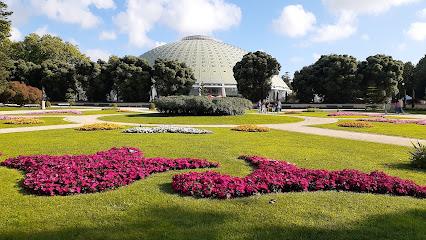
Estádio do Dragão
Discover the heart of Portuguese football at Estádio do Dragão, home of FC Porto, where passion and history converge in a spectacular stadium experience.
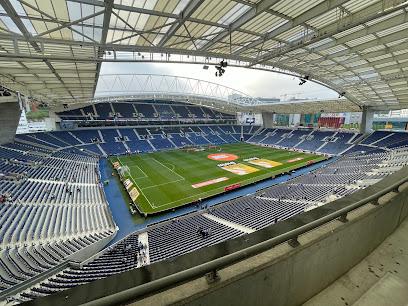
Bom Jesus do Monte
Discover the serene beauty and spiritual significance of Bom Jesus do Monte, a majestic sanctuary in the heart of Portugal’s breathtaking landscape.
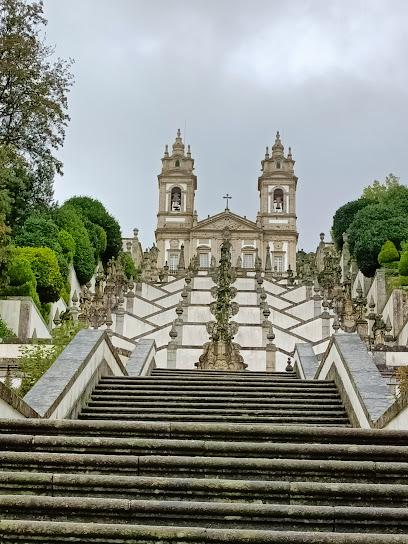
Porto Cathedral
Explore Porto Cathedral, a stunning blend of history and architecture, offering breathtaking views and cultural depth in the heart of Porto.
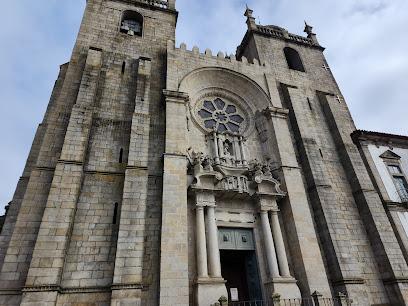
Guimarães Castle
Explore Guimarães Castle, a historical landmark in Portugal, rich in culture and stunning architecture, perfect for an immersive travel experience.
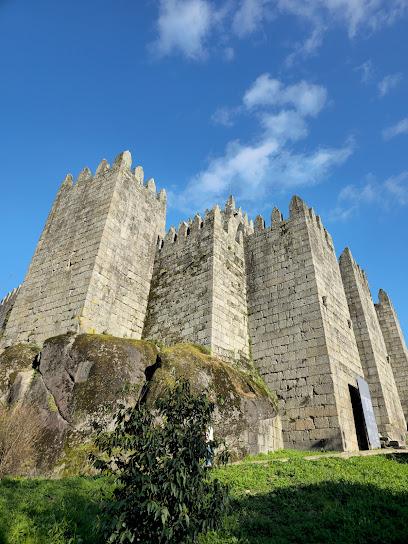
Jardim do Morro
Explore the lush beauty and stunning views at Jardim do Morro, a serene garden oasis in Vila Nova de Gaia perfect for relaxation and memorable moments.
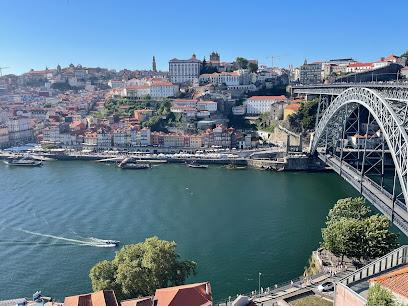
Mercado Bom Sucesso
Explore the culinary wonders of Mercado Bom Sucesso in Porto, where local flavors meet vibrant culture in a unique market experience.
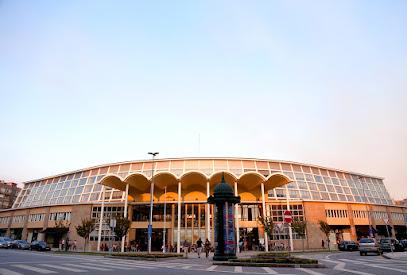
Parque da Cidade do Porto
Discover the lush landscapes and vibrant activities of Parque da Cidade do Porto, the largest urban park in Portugal, perfect for relaxation and exploration.
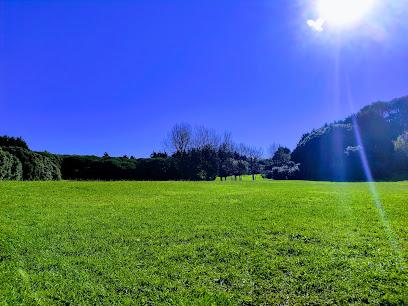
Parque Nacional Peneda-Gerês
Explore the breathtaking landscapes and diverse wildlife of Parque Nacional Peneda-Gerês, Portugal's only national park, in Terras de Bouro.
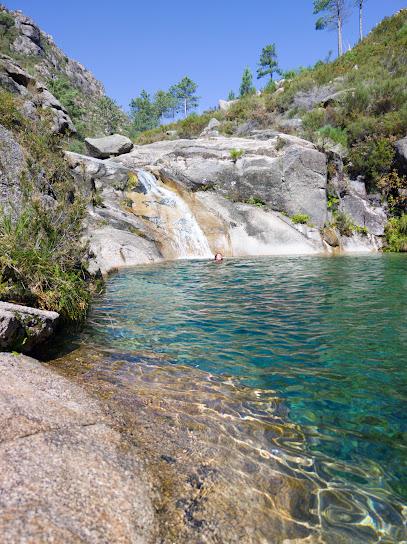
Casa da Música
Discover the architectural beauty and vibrant music scene of Casa da Música, Porto's premier concert hall and cultural landmark.

Torre dos Clérigos
Explore the stunning Torre dos Clérigos in Porto, a baroque architectural gem offering panoramic city views and rich cultural heritage.
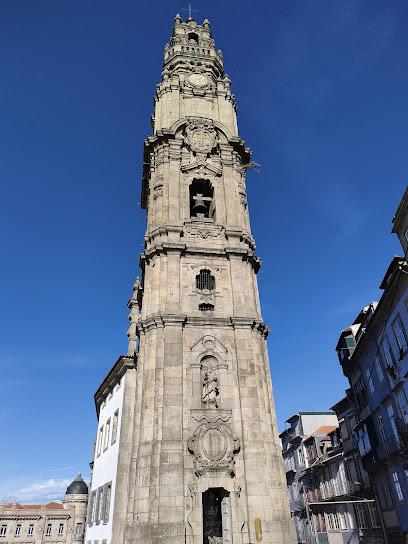
Praia de Matosinhos
Discover the beauty of Praia de Matosinhos, a stunning beach in Portugal perfect for sunbathing, surfing, and savoring fresh seafood along the vibrant promenade.
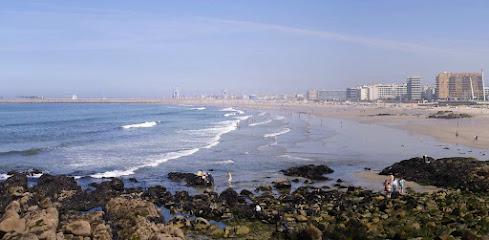
Jardim do Passeio Alegre
Discover the lush beauty of Jardim do Passeio Alegre, a tranquil escape in Porto, Portugal, perfect for relaxation and cultural exploration.
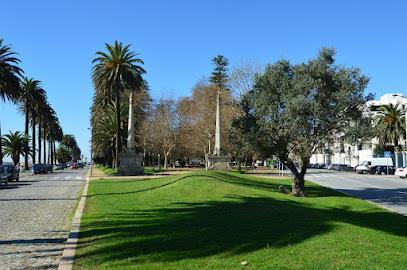
Essential places to dine
Taberna Trovador
Discover the heart of Portugal at Taberna Trovador—where traditional flavors meet warm hospitality in Guimarães.
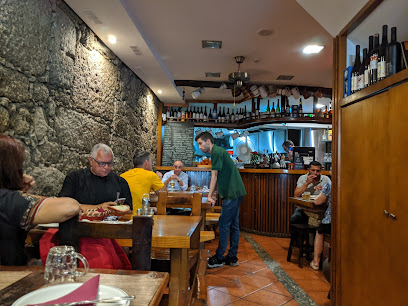
Histórico by Papaboa
Experience traditional Portuguese flavors at Histórico by Papaboa in Guimarães – where every meal tells a story of culinary heritage.
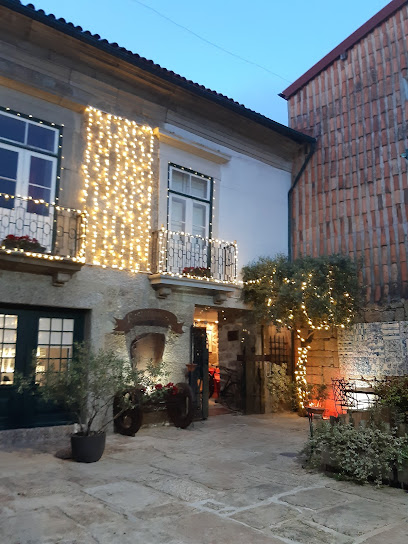
Pregaria de Guimarães
Experience authentic Portuguese cuisine at Pregaria de Guimarães - where tradition meets modernity in every bite.
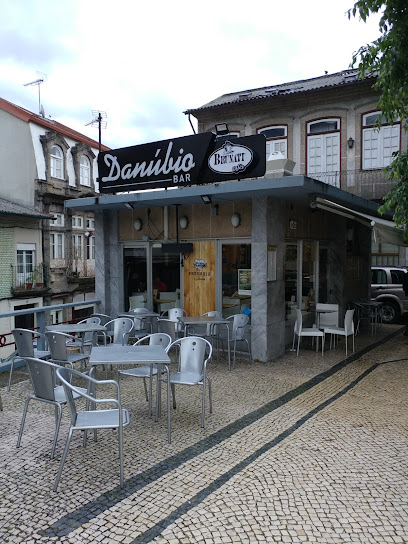
Buxa
Experience authentic Portuguese cuisine at Buxa in Guimarães, where tradition meets flavor in every bite.
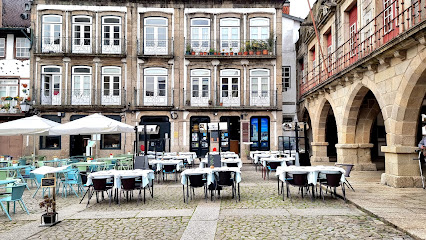
CASA AMARELA
Discover Casa Amarela in Guimarães: Experience authentic Portuguese cuisine in a cozy setting with exceptional service.
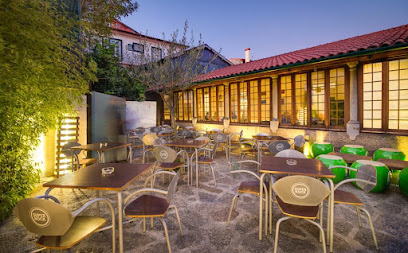
Real Plazza
Discover Real Plazza: A culinary gem in Guimarães offering diverse flavors and an inviting atmosphere for every food lover.
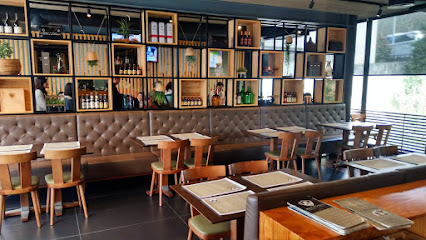
Restaurante Mumadona
Experience authentic Portuguese cuisine at Restaurante Mumadona in Guimarães - where tradition meets taste in every dish.
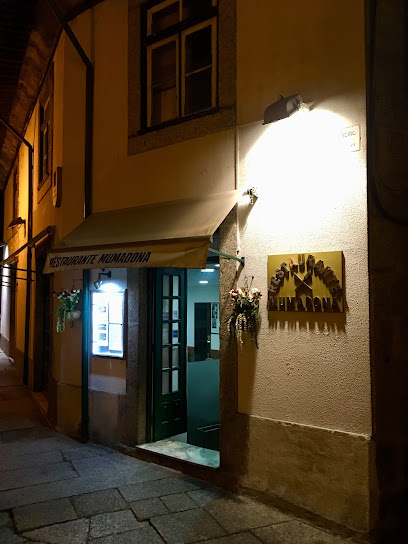
Restaurante Solar do Arco
Experience authentic Portuguese cuisine at Restaurante Solar do Arco in Guimarães – where tradition meets flavor in every dish.
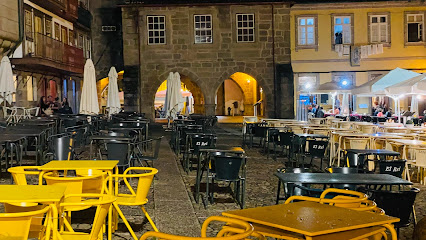
Monte dos Leitões
Experience authentic Portuguese cuisine at Monte dos Leitões in Guimarães - where every dish tells a story.
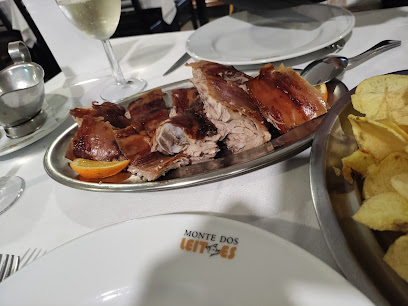
Deguste by Pedro Pinto
Experience exquisite dining at Deguste by Pedro Pinto in Guimarães - where tradition meets innovation in every bite.
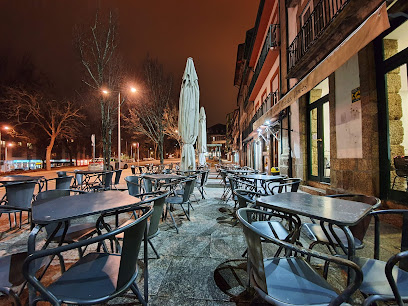
Pizzaria Luzzo
Experience authentic Italian cuisine at Pizzaria Luzzo in Guimarães - where every slice tells a delicious story.
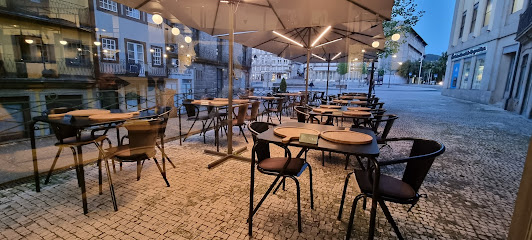
Florêncio
Experience authentic Portuguese cuisine at Florêncio, a must-visit restaurant in Guimarães for all food lovers.
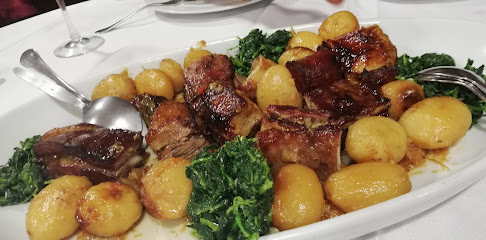
Restaurante Café Oriental
Experience authentic Portuguese flavors blended with international cuisine at Restaurante Café Oriental in Guimarães.
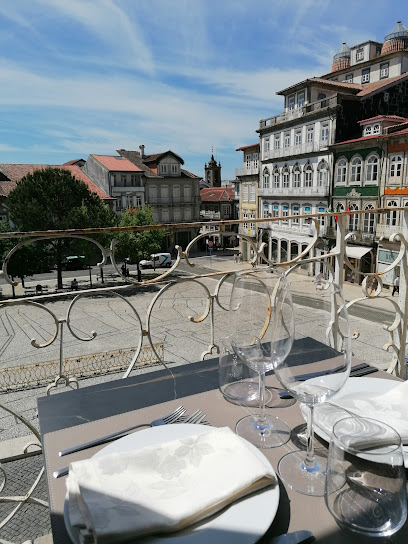
Dona Maria
Experience authentic Portuguese cuisine at Dona Maria in Guimarães - where tradition meets taste.
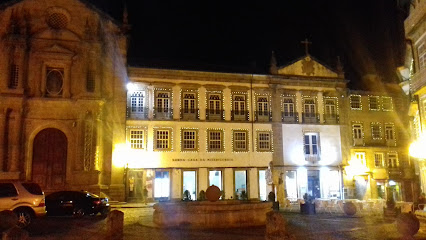
Fentelhas
Discover Fentelhas in Guimarães - where authentic Portuguese flavors meet exceptional hospitality in a charming setting.
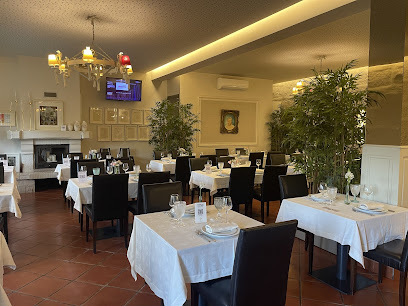
Markets, malls and hidden boutiques
GuimarãeShopping
Explore GuimarãeShopping, Guimarães' premier shopping mall offering a blend of fashion, food, and fun for every visitor.
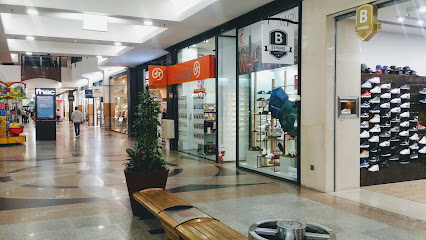
Espaço Guimarães
Explore Espaço Guimarães – The ultimate shopping and dining destination in Silvares, Portugal, featuring diverse shops, delicious food, and lively entertainment.
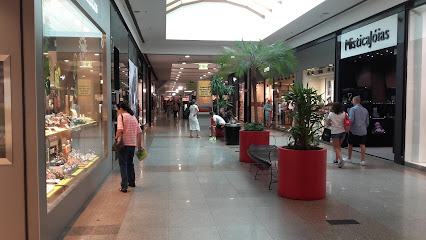
Centro Comercial S. Francisco
Experience a vibrant shopping scene at Centro Comercial S. Francisco, where fashion, dining, and entertainment come together in Guimarães.
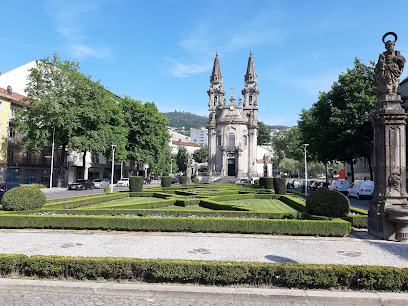
Centro Comercial Villa
Discover a vibrant shopping experience at Centro Comercial Villa in Guimarães, Portugal, featuring diverse stores, delightful dining, and family-friendly fun.
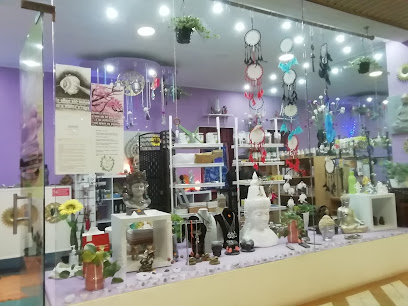
Boutique do Gelado
Discover the bliss of artisanal ice creams at Boutique do Gelado in Guimarães, where every scoop is a taste of heaven.
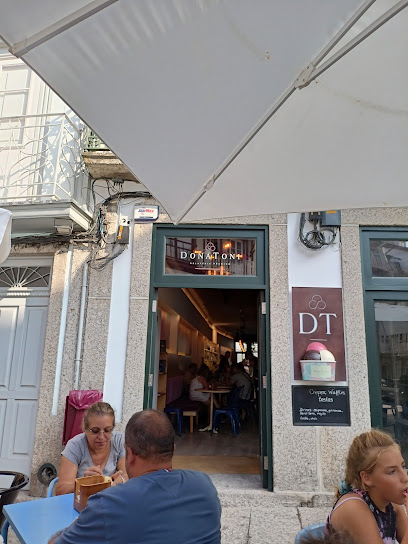
ZARA
Discover the latest fashion trends at ZARA in Guimarães, where style meets affordability in a vibrant shopping atmosphere.
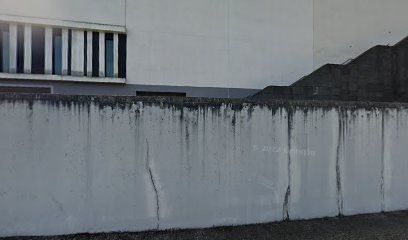
Chafarica - Guimarães
Discover the beauty of textiles at Chafarica, Guimarães, where quality linens meet exquisite interior decor in a charming setting.
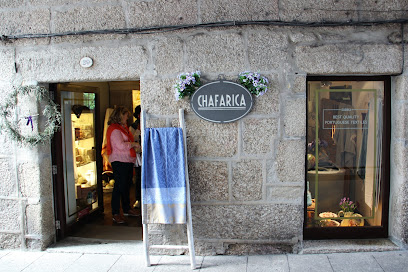
Flying Tiger Copenhagen
Explore the vibrant world of Flying Tiger Copenhagen in Guimarães for unique gifts, home goods, and delightful surprises for all ages!
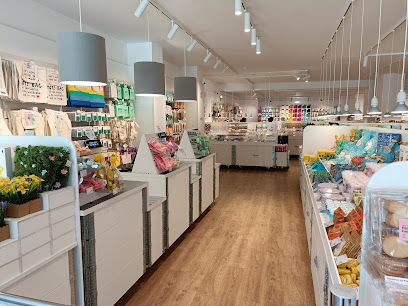
ZOLF STORE Guimarães
Discover contemporary fashion at ZOLF STORE Guimarães, where unique styles meet local charm for an unforgettable shopping experience.
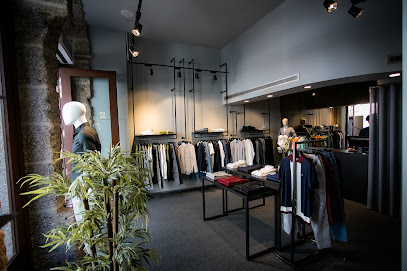
A Loja do Trevo
Explore A Loja do Trevo in Guimarães, where local craftsmanship meets unique home goods for an unforgettable shopping experience.
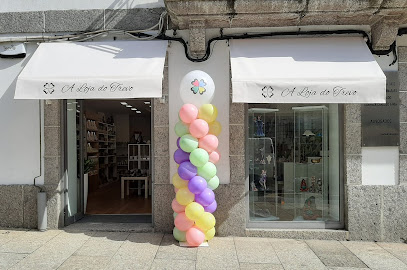
TeeLegend - Para Geeks, Nerds & Jedis
Discover TeeLegend in Guimarães, a vibrant t-shirt store celebrating geek culture and pop art with unique designs for all enthusiasts.
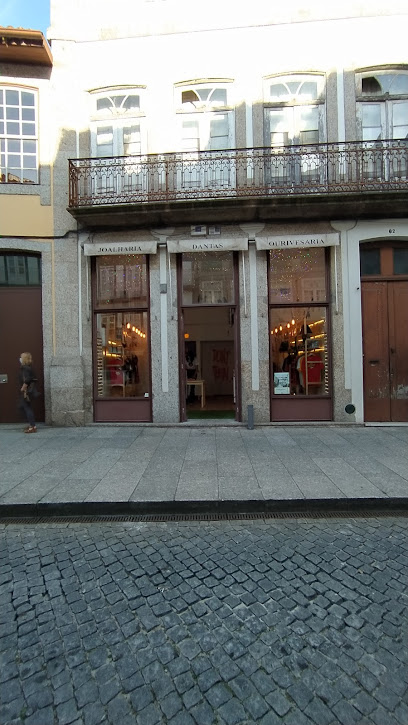
Hippy Roots
Discover Hippy Roots in Guimarães: your go-to spot for quality cannabis products in a welcoming and vibrant locale.
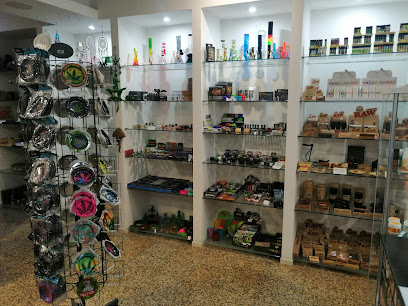
Alma Portuguesa
Explore Alma Portuguesa in Guimarães for unique artistic handicrafts that embody the spirit of Portugal's rich cultural heritage.
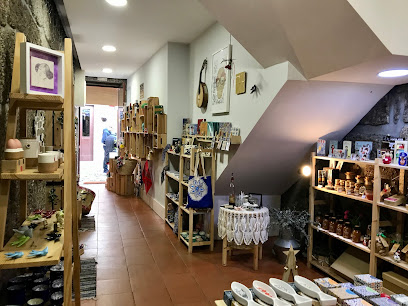
Fátima Mendes - Guimarães
Explore stylish clothing and unique local fashion at Fátima Mendes, a premier clothing store in the historic city of Guimarães.
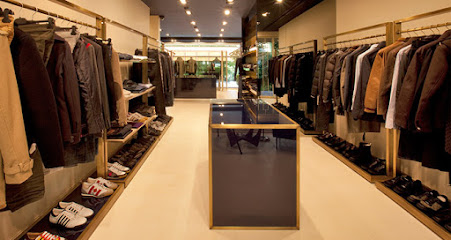
COMMIMOS
Discover unique handmade crafts at COMMIMOS in Guimarães, where local artistry meets exceptional quality in fashion and music.
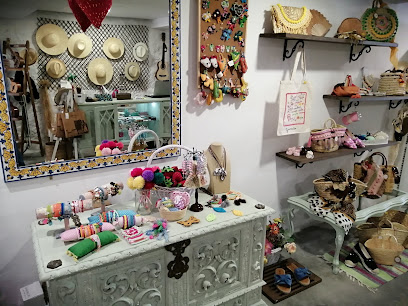
Essential bars & hidden hideouts
Vira Bar
Experience the best of Portuguese cuisine and craft beer at Vira Bar, a must-visit brewpub in the heart of Guimarães.
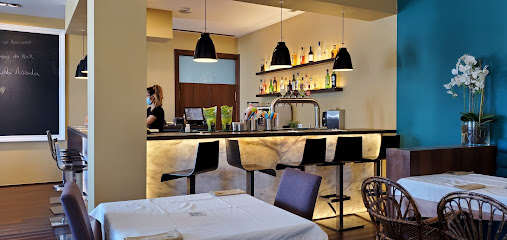
El Rock Bar
El Rock Bar: A lively bar in Guimarães offering great drinks, live music, and an inviting atmosphere for all travelers.
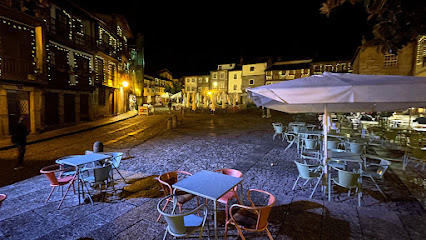
Poncha's Bar
Discover the lively charm of Poncha's Bar in Guimarães, where local drinks meet a vibrant atmosphere, perfect for unwinding after a day of exploration.
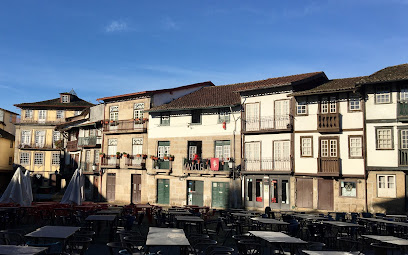
Music Food & Drinks
Discover the perfect blend of tapas, drinks, and live music at Music Food & Drinks in the heart of Guimarães, a culinary hotspot for tourists.
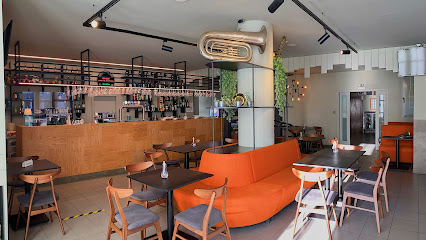
Morocco: House of Tea
Discover the rich flavors and warm hospitality at Morocco: House of Tea, a unique bar experience in Guimarães, Portugal.
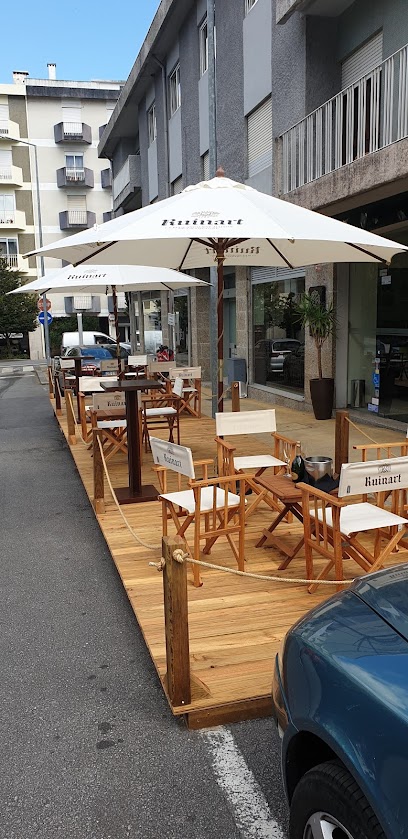
Bar Tásquilhado
Experience the vibrant nightlife of Guimarães at Bar Tásquilhado, a cozy bar with friendly service and an extensive drink selection.
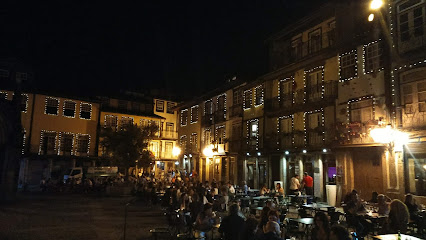
Salado Bar
Discover the lively atmosphere and local flavors at Salado Bar in Guimarães, your perfect spot for a night out.
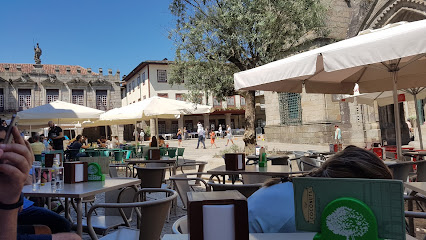
Tribuna
Discover the lively spirit of Tribuna, a premier pub in Guimarães offering local drinks and vibrant nightlife.
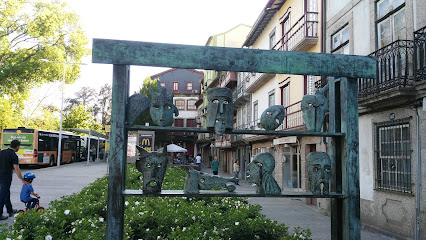
Bar Académico – Guimarães
Discover the vibrant nightlife at Bar Académico in Guimarães, where locals and tourists come together to enjoy great drinks and a lively atmosphere.
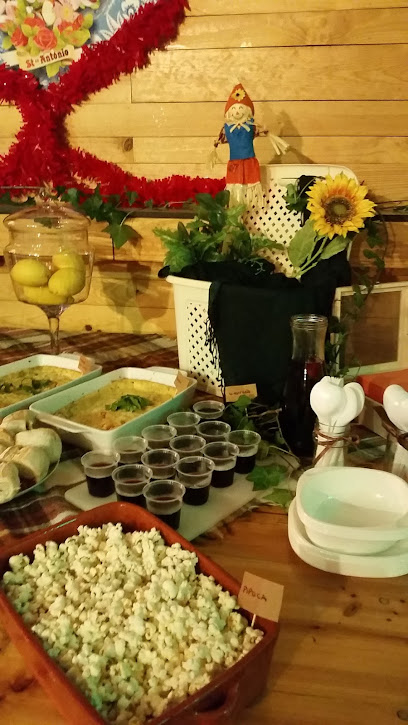
PHOLUS
Experience the essence of fine wines and a cozy atmosphere at PHOLUS, Guimarães' premier wine bar, perfect for enthusiasts and casual drinkers alike.
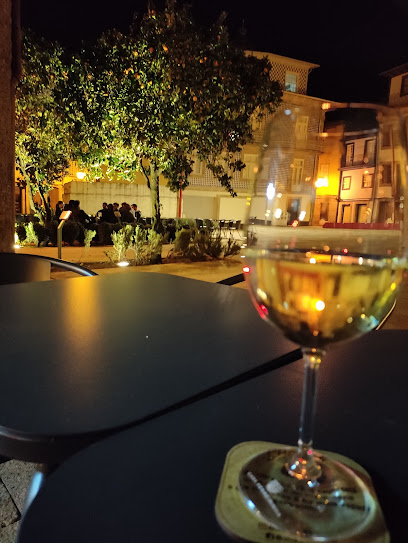
Bohemus
Experience the vibrant atmosphere and extensive beer selection at Bohemus, the quintessential pub in historic Guimarães, Portugal.
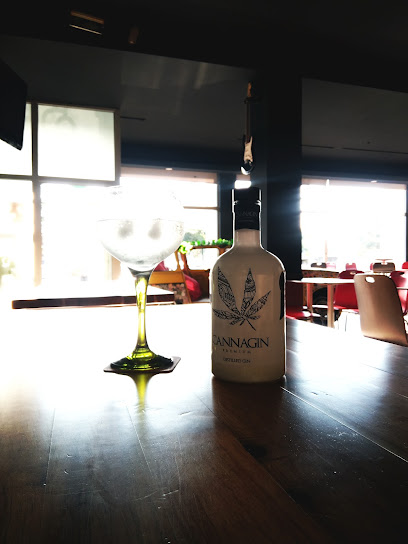
Pintado de Fresco
Experience the vibrant atmosphere and local flavors at Pintado de Fresco, a charming bar in the heart of Guimarães, Portugal.
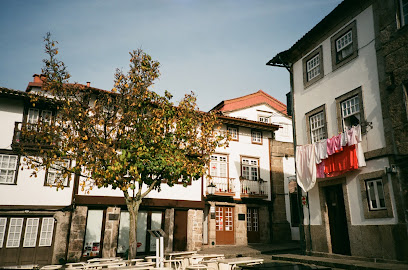
O'Clock Gastrobar
Experience the perfect blend of traditional Portuguese tapas and innovative cocktails at O'Clock Gastrobar in Guimarães.
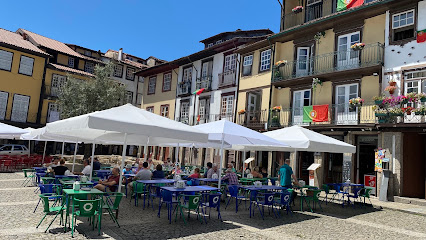
Púrpura
Experience the vibrant nightlife of Guimarães at Púrpura, where friendly faces and exceptional drinks await.
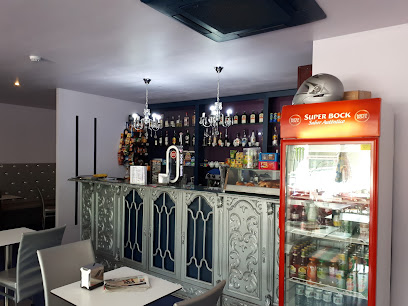
Travel experiences inspired by this city
Explore more travel diariesLocal Phrases
-
- HelloOlá
[oh-LAH] - GoodbyeAdeus
[ah-DAY-oosh] - YesSim
[seem] - NoNão
[now] - Please/You're welcomePor favor/De nada
[por fah-VOHR/deh NAH-dah] - Thank youObrigado(a)
[oh-bree-GAH-doo/(ah)] - Excuse me/SorryCom licença/Desculpe
[kohm lee-SEN-sah/dehs-KOOL-peh] - How are you?Como estás?
[KOH-moo ehs-TAHS] - Fine. And you?Bem. E tu?
[behn/eh too] - Do you speak English?Falas inglês?
[FAH-lahs een-GLEHSH] - I don't understandNão entendo
[now ehn-TEN-doo]
- HelloOlá
-
- I'd like to see the menu, pleaseGostaria de ver a ementa, por favor
[goh-stah-REE-ah deh vehr ah eh-MEN-tah, poor fah-VOHR] - I don't eat meatNão como carne
[now KOH-moo KAHR-neh] - Cheers!Saúde!
[sow-OO-deh] - I would like to pay, pleaseGostaria de pagar, por favor
[goh-stah-REE-ah deh pah-GAHR, poor fah-VOHR]
- I'd like to see the menu, pleaseGostaria de ver a ementa, por favor
-
- Help!Ajuda!
[ah-ZHOO-dah] - Go away!Vai-te embora!
[vah-ee-TEH ehm-BOH-rah] - Call the Police!Chama a polícia!
[SHAH-mah ah poh-LEE-see-ah] - Call a doctor!Chama um médico!
[SHAH-mah oong MEH-dee-koo] - I'm lostEstou perdido(a)
[ehs-TOH pehr-DEE-doo/(ah)] - I'm illEstou doente
[ehs-TOH doo-EHN-teh]
- Help!Ajuda!
-
- I'd like to buy...Gostaria de comprar...
[goh-stah-REE-ah deh kohm-PRAR] - I'm just lookingEstou só a ver
[ehs-TOH soh ah vehr] - How much is it?Quanto custa?
[KWAHN-too KOOSH-tah] - That's too expensiveIsso é demasiado caro
[EE-soh eh deh-mah-SYAH-doo KAHR-oo] - Can you lower the price?Pode baixar o preço?
[POH-deh BAHY-shahr oo PREH-soo]
- I'd like to buy...Gostaria de comprar...
-
- What time is it?Que horas são?
[keh OH-rahz sah-oo] - It's one o'clockÉ uma hora
[eh OO-mah OH-rah] - Half past (10)Meia dez
[MAY-ah dehsh] - MorningManhã
[mah-NYAH] - AfternoonTarde
[TAHR-deh] - EveningNoite
[NOY-teh] - YesterdayOntem
[on-TEHM] - TodayHoje
[OH-zheh] - TomorrowAmanhã
[ah-mah-NYAH] - 1Um
[oom] - 2Dois
[doysh] - 3Três
[trehsh] - 4Quatro
[KWAH-troh] - 5Cinco
[SEEN-koh] - 6Seis
[saysh] - 7Sete
[SEH-teh] - 8Oito
[OY-too] - 9Nove
[NOH-veh] - 10Dez
[dehsh]
- What time is it?Que horas são?
-
- Where's a/the...?Onde fica um/o...
[OHN-deh FEE-kah oong/oo] - What's the address?Qual é a morada?
[kahl eh ah moh-RAH-dah] - Can you show me (on the map)?Podes mostrar-me (no mapa)?
[POH-desh moh-SHTRAH-meh (noo MAH-pah)] - When's the next (bus)?Quando é o próximo (autocarro)?
[KWAHN-doo eh oo PROH-ksih-moo (ow-toh-KAH-roo)] - A ticket (to ....)Um bilhete (para ...)
[oom bee-LYE-teh (PAH-rah)]
- Where's a/the...?Onde fica um/o...
History of Guimarães
-
Guimarães is often referred to as the 'cradle city' of Portugal. It was here that Afonso I, also known as Afonso Henriques, was born in 1111. Afonso I went on to become the first King of Portugal after the Battle of Ourique in 1139. The city's historical significance is cemented by its role in the early formation of the Portuguese nation.
-
The Castle of Guimarães, built in the 10th century by Countess Mumadona Dias to defend the monastery from Norman and Moorish attacks, is a prominent landmark. Over the centuries, it has been expanded and fortified, playing a crucial role in several historical events, including the Battle of São Mamede in 1128, which was a pivotal moment in the independence of Portugal.
-
The Battle of São Mamede took place near Guimarães on June 24, 1128. This decisive battle saw Afonso Henriques leading his forces against his mother, Teresa of León, and her lover, Fernando Peres de Trava. The victory led to Afonso Henriques declaring himself Prince of Portugal and eventually, King, setting the stage for the foundation of the Portuguese kingdom.
-
Largo da Oliveira is a historic square in Guimarães named after an ancient olive tree that once stood there. The square is home to the Church of Nossa Senhora da Oliveira and the Salado Monument, erected in the 14th century to commemorate the Portuguese victory at the Battle of Salado in 1340. This battle was significant in repelling the Moorish invasions of the Iberian Peninsula.
-
The Palace of the Dukes of Braganza, constructed in the 15th century, was the residence of Afonso, the first Duke of Braganza. This impressive building showcases a blend of Gothic and early Renaissance architectural styles. It has been meticulously restored and now serves as a museum, offering insights into the noble heritage of the Braganza family, who played a crucial role in Portuguese history.
-
The historic centre of Guimarães was designated a UNESCO World Heritage site in 2001. The well-preserved medieval architecture, narrow winding streets, and historic buildings reflect the city's rich past. Landmarks such as the Church of São Miguel do Castelo and the Convent of Santa Clara contribute to the city’s cultural and historical tapestry, making it a living museum of Portugal's origins.
-
Guimarães is not only rich in history but also in cultural traditions. The city hosts numerous festivals, including the Festas Gualterianas, a centuries-old festival held annually in honor of Saint Gualter. The Nicolinas, another traditional festival celebrated by students, showcases the city's vibrant cultural heritage. These events highlight the enduring traditions and communal spirit of Guimarães.
Guimarães Essentials
-
Guimarães is located in the Braga District of Portugal. The nearest international airport is Francisco Sá Carneiro Airport in Porto, approximately 50 kilometers away. From Porto, you can take a train or a bus to Guimarães. The train journey takes around 1 hour and offers a comfortable ride. Alternatively, there are several bus services that connect Porto to Guimarães with a similar travel time.
-
Guimarães has a well-organized public transportation system, including buses that cover most parts of the city. Taxis are also readily available and relatively inexpensive. For those who prefer to explore at their own pace, renting a car is an excellent option. The city center is quite walkable, and many of the major attractions are within walking distance from each other.
-
The official currency in Portugal is the Euro (EUR). Credit and debit cards are widely accepted in hotels, restaurants, and shops. However, it’s advisable to carry some cash for smaller establishments and local markets. ATMs are plentiful in Guimarães, so withdrawing cash is convenient if needed.
-
Guimarães is generally a safe city for tourists. However, as with any travel destination, it is important to remain vigilant. Avoid poorly lit areas at night and keep an eye on your belongings in crowded places. There are no specific high-crime areas targeting tourists, but standard precautions should always be taken.
-
In case of emergency, dial 112 for immediate assistance. Guimarães has local police stations and medical facilities equipped to handle emergencies. It is advisable to have travel insurance that covers medical emergencies. Pharmacies are available throughout the city for minor health issues and over-the-counter medications.
-
Fashion: Do wear comfortable shoes as the city has many cobblestone streets. Avoid overly casual attire when dining in nicer restaurants. Religion: Do respect local religious customs. Dress modestly when visiting churches and religious sites. Public Transport: Do be respectful and give up your seat to elderly passengers. Don’t eat or drink on public transport. Greetings: Do greet people with a handshake and say 'bom dia' (good morning) or 'boa tarde' (good afternoon). Eating & Drinking: Do try local specialties like 'rojões' and 'bacalhau'. Don’t rush through meals; dining is a leisurely activity in Portugal.
-
To experience Guimarães like a local, visit the Largo da Oliveira and Largo do Toural squares, where locals gather for coffee and conversations. Try the local pastries at a traditional bakery and enjoy a glass of 'vinho verde,' a local wine. Engage with the friendly locals who are often eager to share insights about their city. Don't miss the Penha Mountain for a panoramic view of Guimarães.
Trending Landmark in Guimarães
-
Guimarães Castle
-
Sanctuary of Penha
-
Aqui Nasceu Portugal
-
Palace Duques de Bragança
-
Penha Cable Car
-
Guimarães Historical City Centre
-
Igreja e Oratórios de Nossa Senhora da Consolação e Santos Passos
-
Histórico by Papaboa
-
Padrão do Salado
-
Citânia de Briteiros
-
Igreja de Nossa Senhora da Oliveira
-
Museu de Alberto Sampaio
-
Centro Internacional das Artes José de Guimarães
-
Praça de São Tiago
-
Posto de Turismo de Guimarães
Nearby Cities to Guimarães
-
Things To Do in Braga
-
Things To Do in Porto
-
Things To Do in Ponte de Lima
-
Things To Do in Vila Real
-
Things To Do in Viana do Castelo
-
Things To Do in Lamego
-
Things To Do in Chaves
-
Things To Do in Aveiro
-
Things To Do in Bragança
-
Things To Do in Coimbra
-
Things To Do in Santiago de Compostela
-
Things To Do in Tomar
-
Things To Do in Salamanca
-
Things To Do in Viseu
-
Things To Do in Caldas da Rainha

























